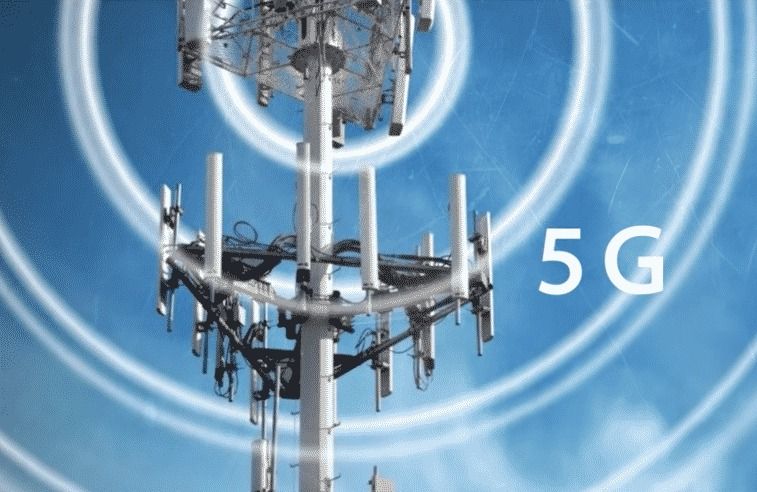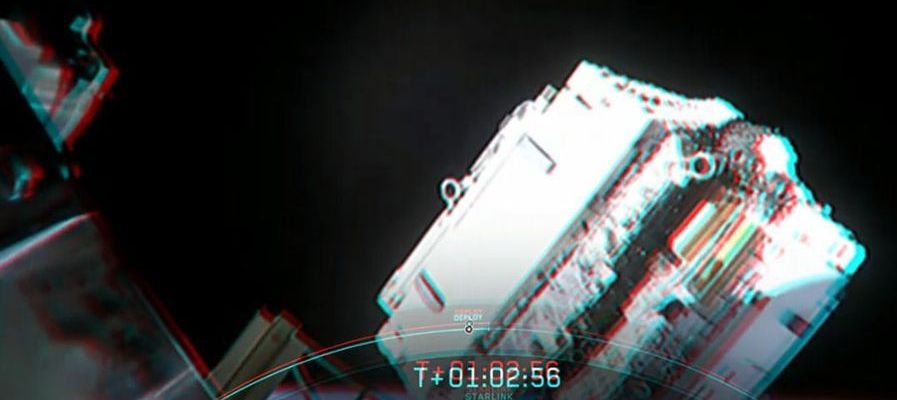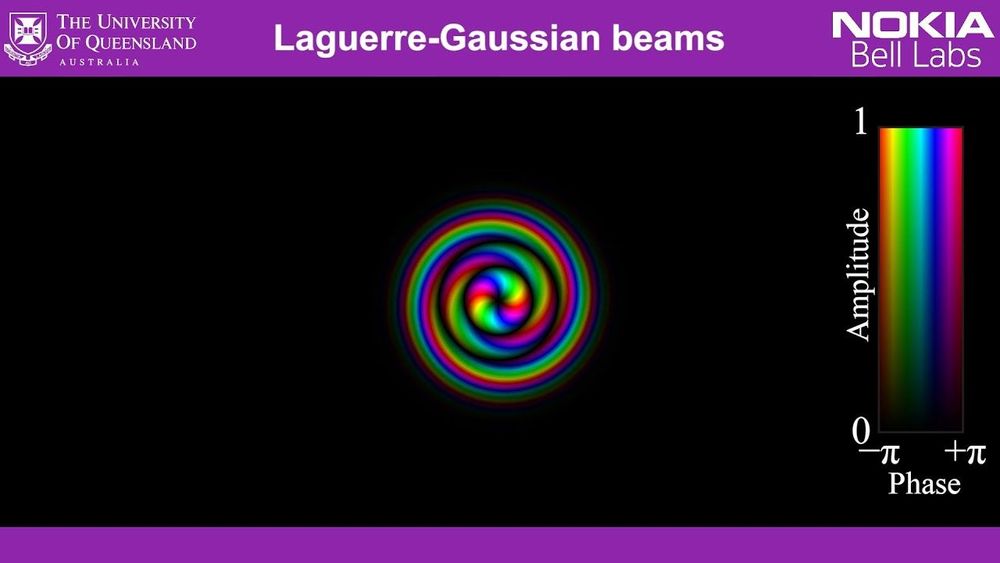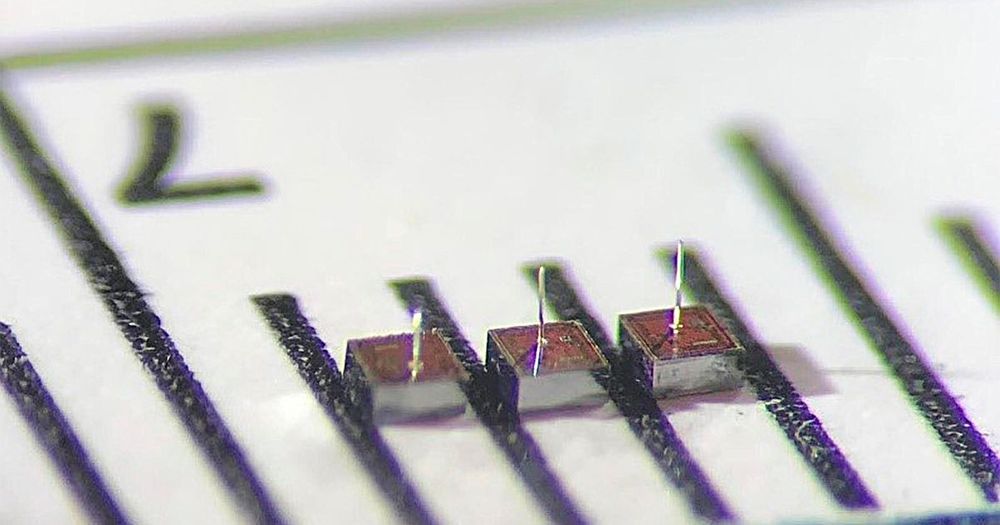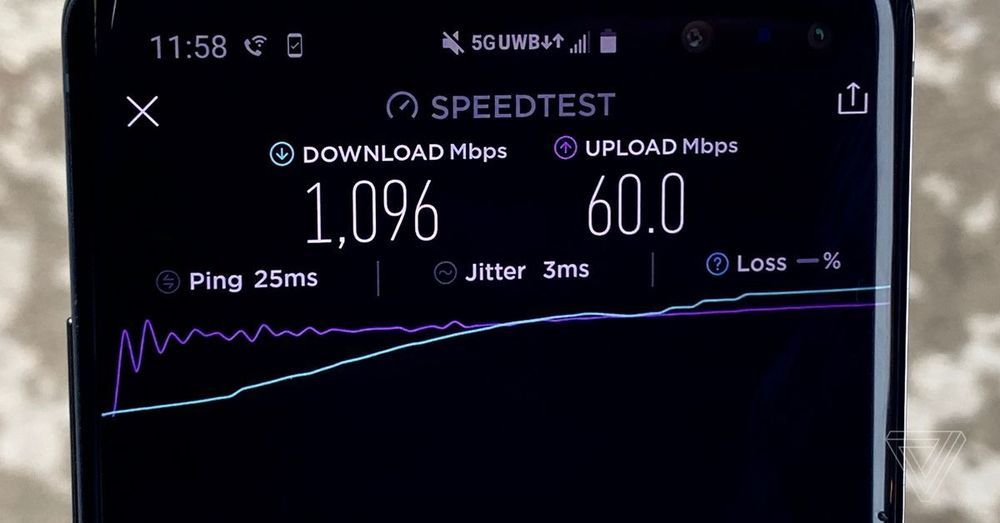May 29, 2019
Dr. Mercola Warns On The Impending 5G Apocalypse
Posted by John Gallagher in categories: education, existential risks, internet
https://youtube.com/watch?v=ol3tAxnNccY
The fact that the Technocrat elite flatly ignore stern and documented warnings against 5G, indicates that they have some ulterior agenda that they must accomplish regardless of the negative impact on humans. It is the establishment of Technocracy, aka, Scientific Dictatorship. ⁃ TN Editor.
Are you still under the misconception that unchecked exposure to electromagnetic field (EMF) and radiofrequency (RF) radiation is of no concern? Then I urge you to view the featured documentary, “5G Apocalypse — The Extinction Event” by Sacha Stone.
Continue reading “Dr. Mercola Warns On The Impending 5G Apocalypse” »
